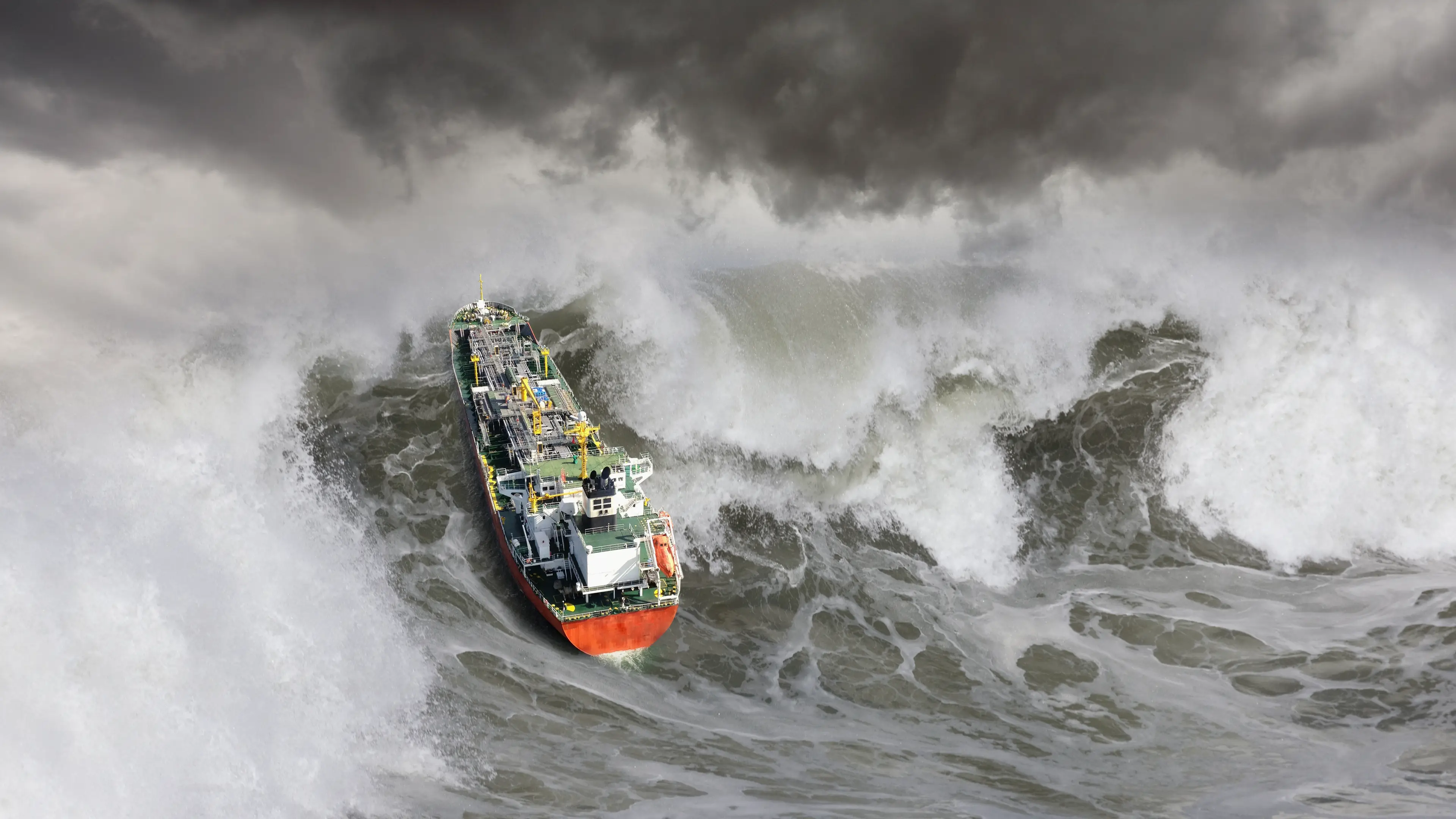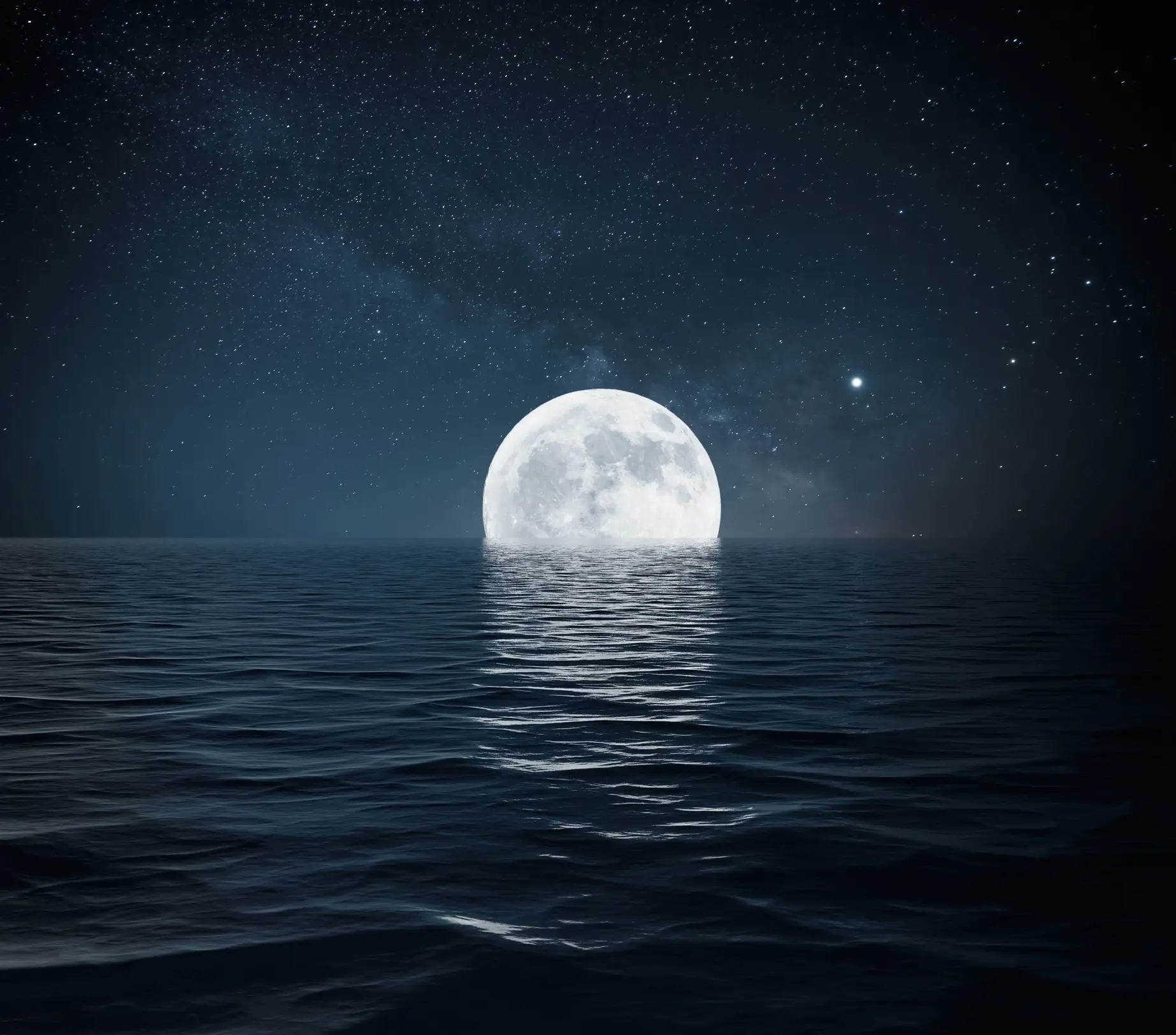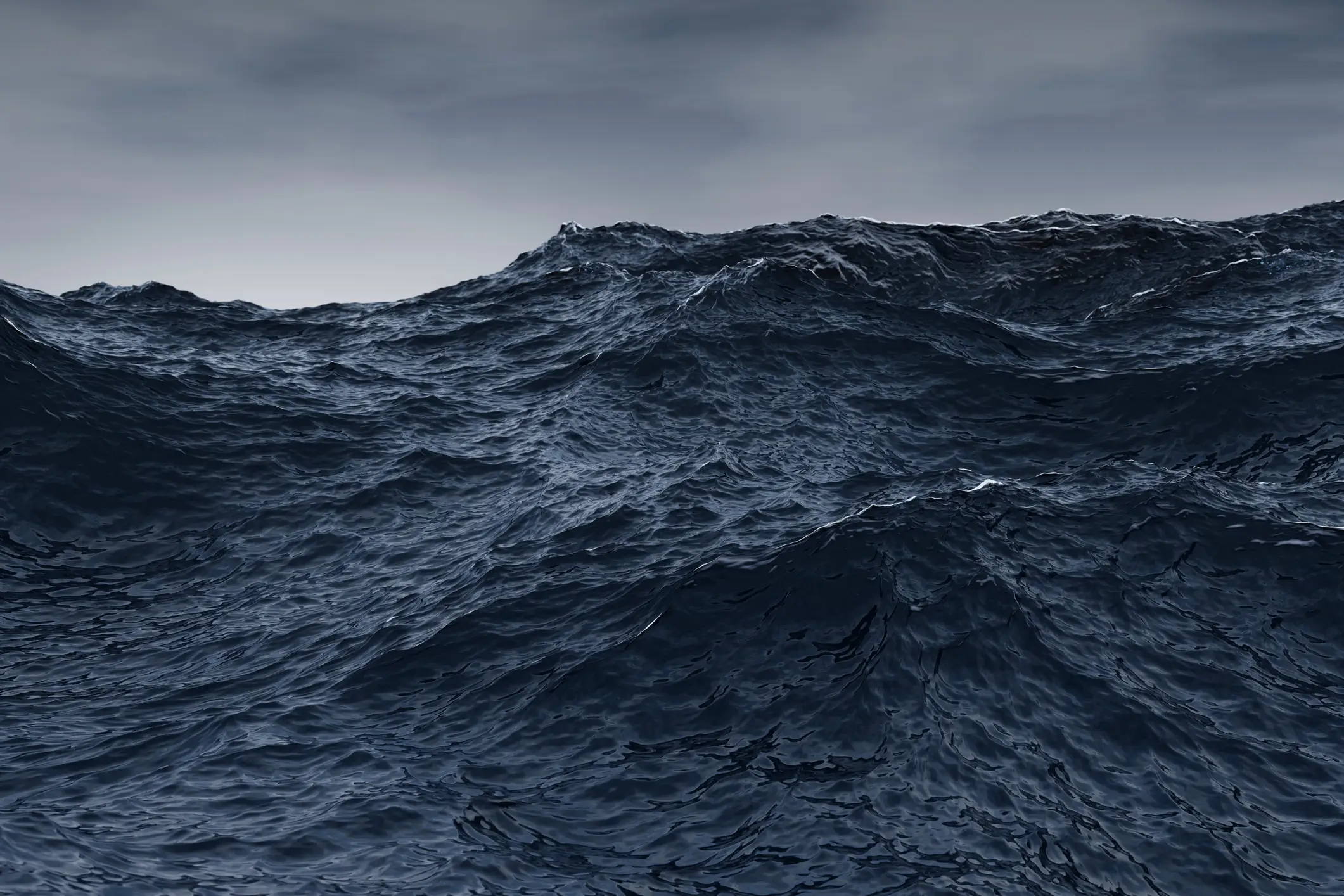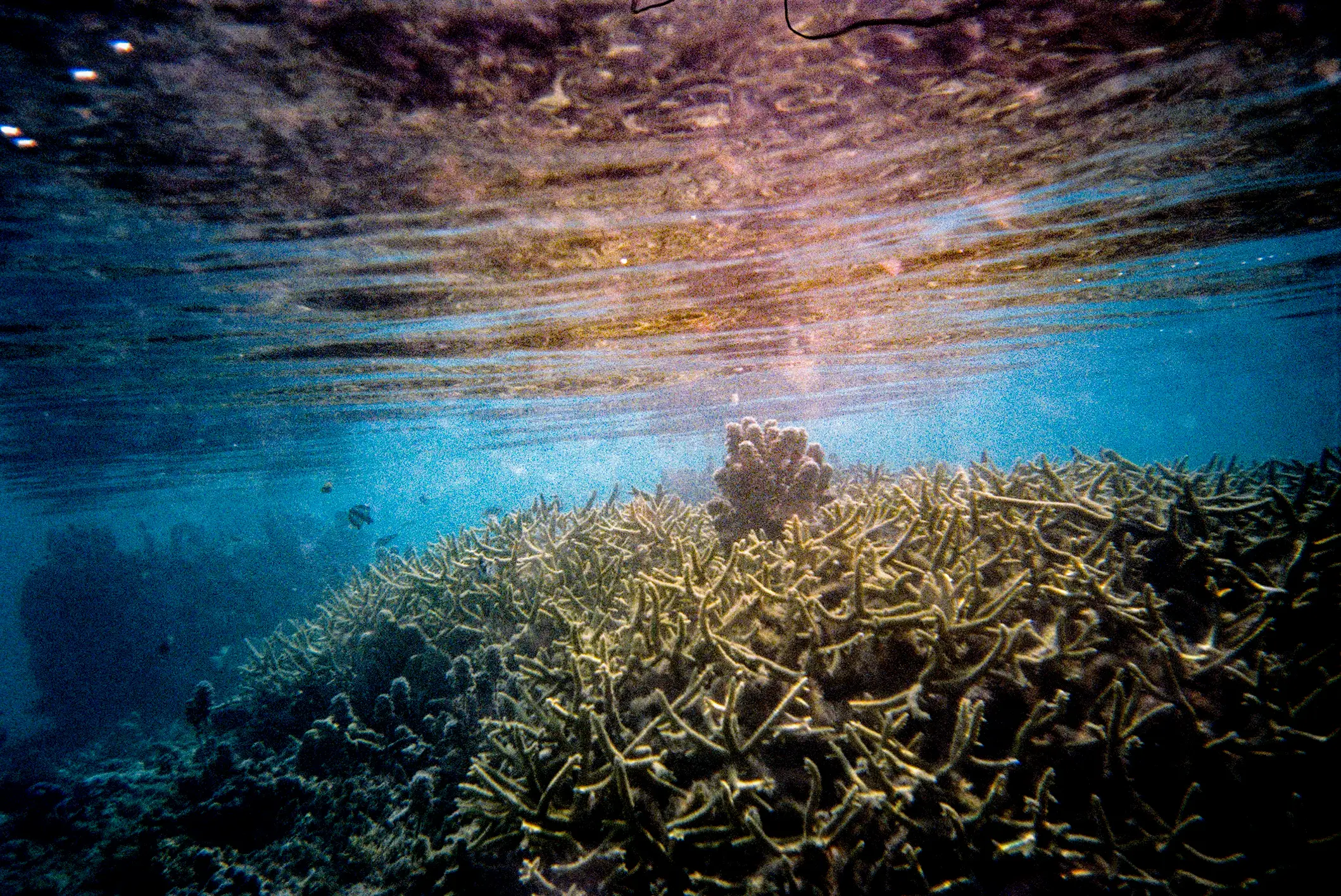
The world's oceans are apparently getting darker and it could have a huge impact on life on Earth.
According to new research, more than a fifth of the global ocean has become darker over the course of the past 20 years, reports BBC, prompting concerns for the marine life that lurks below.
Known as 'ocean darkening,' the situation occurs when the ocean's most upper level changes to reduce the depth at which sunlight can travel - and most of the ocean's marine life lives in the photic zones in the ocean, around 200 meters deep, where light penetrates to stimulate photobiological processes.

Advert
Marine life that lives close to the surface depends on both moonlight and sunlight for hunting, mating and reproduction, as well as keeping the general ecosystem in tick.
Scientists at the University of Plymouth published their findings in Global Change Biology, revealing satellite data from NASA's Ocean Color Web data portal found around 21 percent of the world's seas had become darker between 2003 and 2022.
Some of the causes are believed to have come from changes to surface temperatures, artificial light and changes in algal bloom dynamics.
The study added more than nine percent of the ocean, spanning roughly the size of Africa, had seen a drastic cut in light by more than 164ft (50m).
Another 2.6 percent of the ocean has seen a reduction of more than 328ft (100m).

This is particularly concerning for the planet's marine life and for the ecosystem, though why the changes have occurred remains a mystery.
It could also present an environmental challenge to human life, affecting the air we breathe, the fish we consume and our ability to battle climate change.
Dr Thomas Davies, associate professor of Marine Conservation at the university, said: "There has been research showing how the surface of the ocean has changed colour over the last 20 years, potentially as a result of changes in plankton communities.
"But our results provide evidence that such changes cause widespread darkening that reduces the amount of ocean available for animals that rely on the sun and the moon for their survival and reproduction."
He added: "Our findings represent genuine cause for concern."

Professor Tim Smyth, head of Science for Marine Biogeochemistry and Observations at the Plymouth Marine Laboratory, also said some the marine life that require light come end up closer to the surface as a consequence of the change, which presents similar concerns.
This is because it could increase competition for food and other resources.
"That could bring about fundamental changes in the entire marine ecosystem," he added.
Topics: Climate Change, Environment, Science, World News, NASA, Earth, Animals